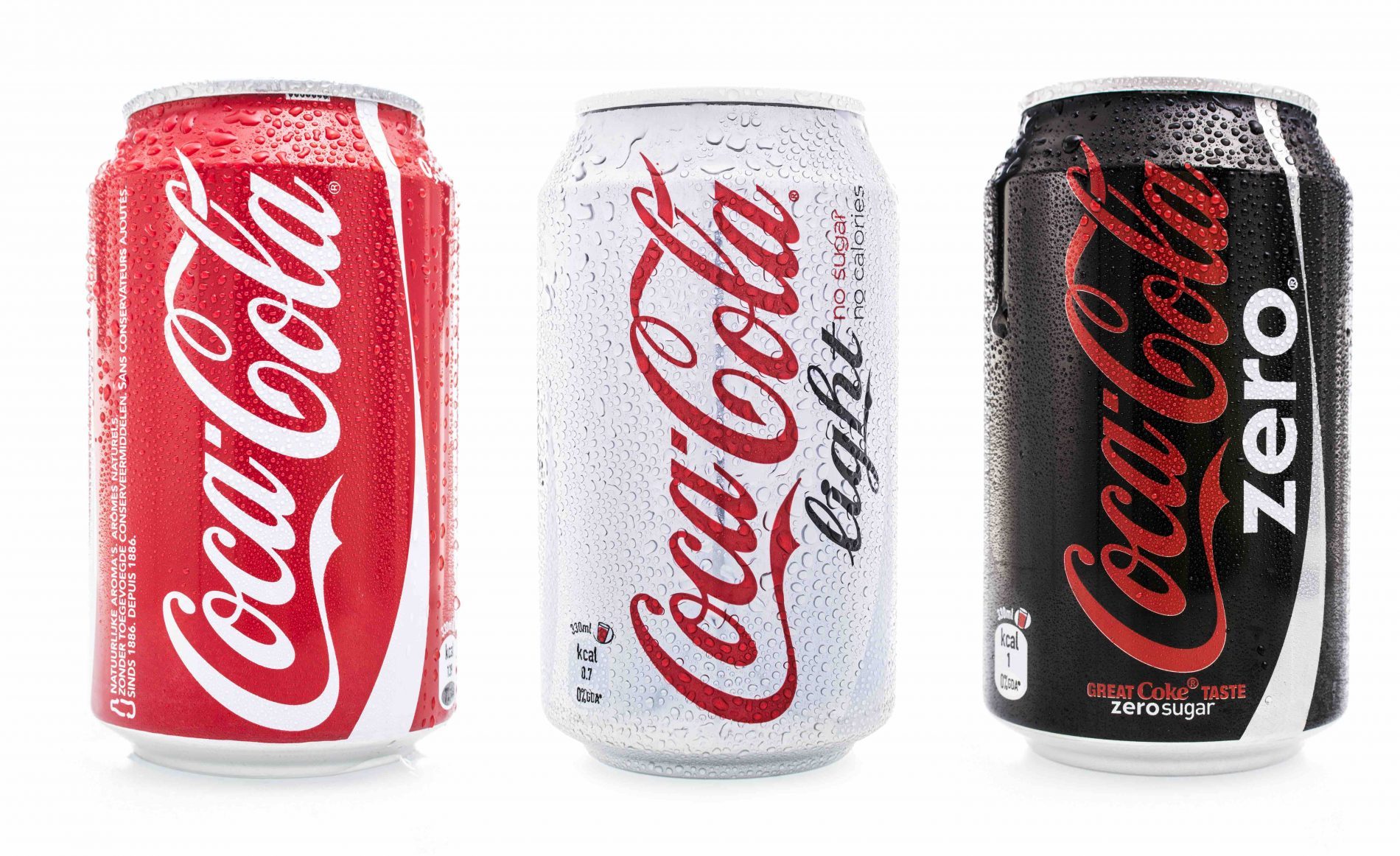“Individuals who consumed at least one artificially-sweetened beverage a day were 3 times as likely to develop ischemic stroke and 2.9 times as likely to develop Alzheimer’s disease dementia within the next 10 years as compared to those who did not consume diet soda.”
These are alarming yet not surprising numbers taken from the Framingham Heart Study, a project of the National Heart, Lung and Blood Institute and Boston University.
From 1991 to 2001 the researchers followed 2888 individuals over the age of 45 to track strokes, and 1484 individuals over the age of 60 for dementia, from the town of Framingham, Massachusetts.
The researchers reported that in the case of diet soda consumption, the artificial sweeteners consumed were saccharin, acesulfame, neotame, sucralose, and aspartame and found increased risks of stroke and dementia by approximately 3 times, compared to those individuals who don’t consume soda.
They also reported that those individuals who consumed sugar sweetened beverages showed very different, yet significant side effects.
Whether the beverage was sweet fruit juices or regular soda, there was evidence of accelerated brain again such as smaller brain volumes, poorer memory function and a smaller hippocampus, an area of the brain that consolidates memories.
Additionally, according to Dr. Josh Axe, drinking 4 cans a day of diet soda creates a 30% higher risk of depression compared with those who do not consume this toxic product.
If you can believe it, daily soda drinking also increases your risk of developing Type 2 diabetes by 67% or more!! It wreaks havoc with your blood sugar, insulin response and throws your body int a fat storage mode because of the negative effects on your metabolism.
It also destroys your teeth and enamel, as these products are almost as corrosive as battery acid. Not to mention the terrible damage you do to the vulnerable cells of your esophagus, stomach and digestive tissue from the acidic residue soda leaves behind.
What Should You Drink Instead?
Drink WATER!! Your body needs plenty of fresh, clean water every day. Aim for at least 3-4 litres. If you are bored by just plain water, try these delicious combinations.
Infused Water:
Chop up various fruit and vegetables and let them sit in the fridge in your water overnight for the most powerful flavour pop. Or, just throw them in and stir them around and enjoy right away!
• lemons and limes
• oranges and grapefruit
• basil and strawberries
• mint and oranges
• cranberries and apples with a cinnamon stick
• pomegranates and pears
• blackberries and raspberries
• watermelon and mint
• kiwi and strawberries
Experiment with various combinations of your favourite fruits and vegetables and enjoy a refreshing glass of water instead of a deadly soda. For further information click here to read Stroke And Heart Attack Linked To Drinking This!
With Sources From:
http://www.naturalnews.com/2017-04-25-shock-drinking-just-one-diet-coke-or-pepsi-per-day-triples-risk-of-stroke-and-dementia-researchers-find.html
http://theheartysoul.com/diet-soda-health-risks/
Jo-Anne Richardson has almost a decade of experience managing a chiropractic office and educating patients on how chiropractic can allow your body to express optimal health. She is a Registered Holistic Nutritionist and holds a Degree in Communications. She loves to experiment with raw vegan recipes, loves to salsa dance, travel and learn new holistic health information to share tips with everyone who visits the office.



